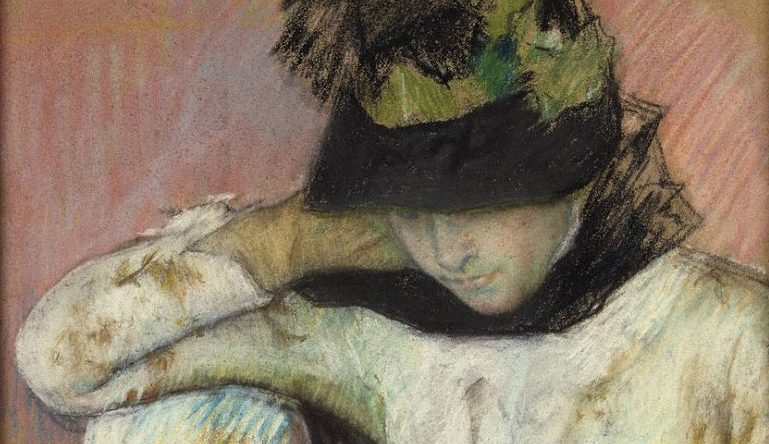Reading On the Road
It took four years for a glioblastoma, a brain cancer that has a median survival rate of fourteen months, to take my mom’s life. It took me those same four years to read Jack Kerouac’s famous work.

It took four years for a glioblastoma, a brain cancer that has a median survival rate of fourteen months, to take my mom’s life. It took me those same four years to read Jack Kerouac’s famous work.

I advertise little about myself, I am careful with that terse word, “writer,” but perfect strangers seem to sense the ghost in me. This stranger, certainly, has sensed it. She has seen. She begins.

It doesn’t take much formal study to read a novel in another language, if you don’t mind being unable to understand the occasional sentence or paragraph. It depends more on guessing and sympathy with a particular language or culture than it does on a knowledge of grammar or vocabulary.

If young ladies should be seen and not heard, that goes double for young ladies with disabilities. When your body declares itself Other, your personhood fades behind it. So mine did, until I discovered disability poetics.

When you immigrate, you bring an entire world along with you, a fifth limb impossible to detach, though internal and external forces demand its removal. Immigrants enter into a state of constant negotiation, deliberating what stays and what goes within their sociopolitical space.

Little House in the Big Woods wasn’t just a pioneer narrative for me; it was an instruction manual, a way to look back and mark the shape of my own work. Rereading the book showed what I actually value in writing.

My earliest memories of the poetic representations of other cis women, like me, were highly sexualized. It seemed that women’s bodies, rather than the women, were (cis male) poets’ muses.

In Everything is Illuminated and Extremely Loud and Incredibly Close, Jonathan Safran Foer had tapped into that well of invisible truth, while I—an aspiring writer struggling to sit my ass long enough in a chair to produce anything at all—could only hope to scratch the surface.

As Claudia Rankine’s new play The White Card premieres at Boston’s Paramount Theatre, Ploughshares is proud to publish Catina Bacote’s “The Other America,” which investigates police brutality and the failure of community policing in New Haven, Connecticut, discussing Rankine’s Citizen in relation to the author’s experiences.
No products in the cart.